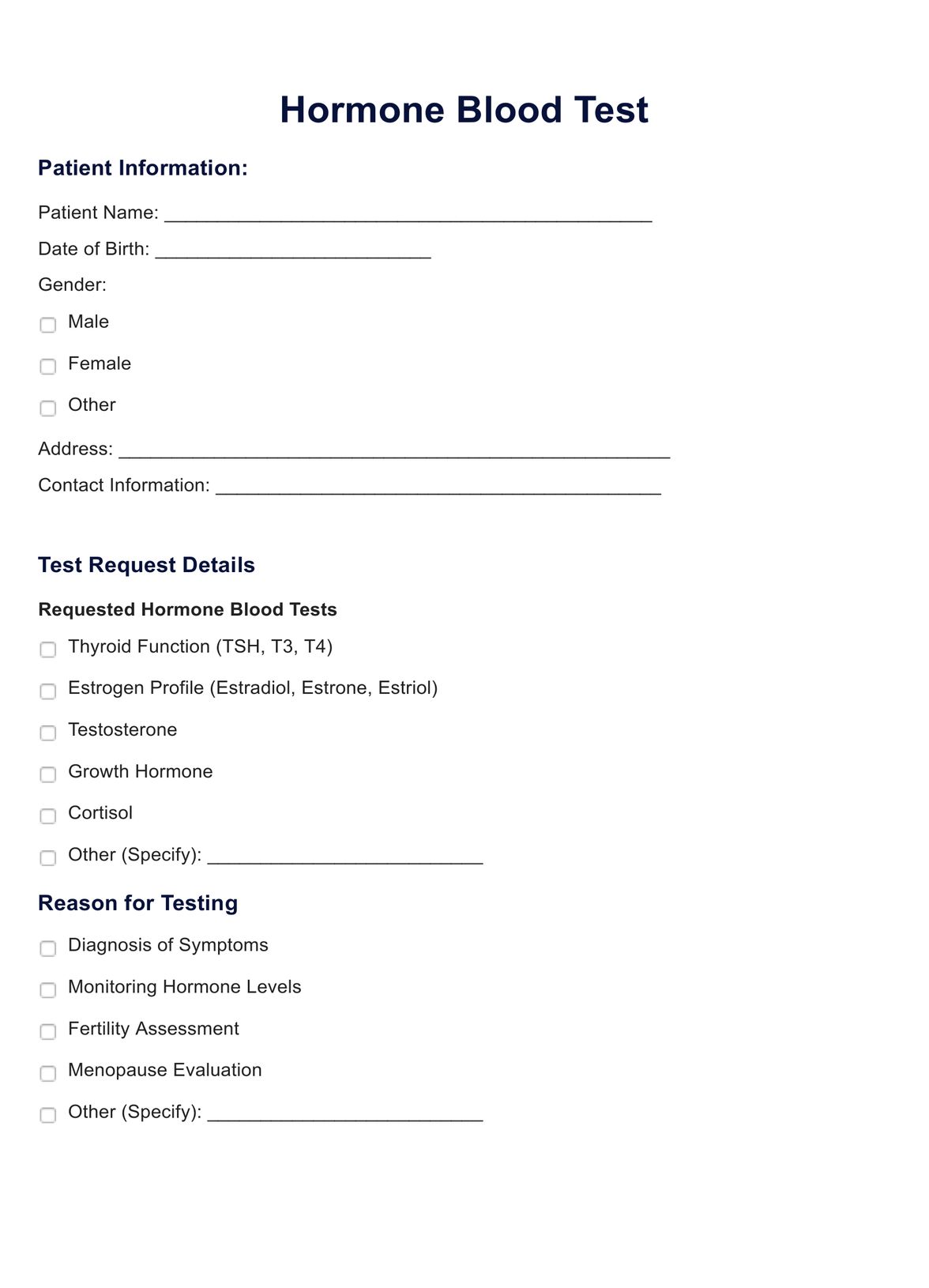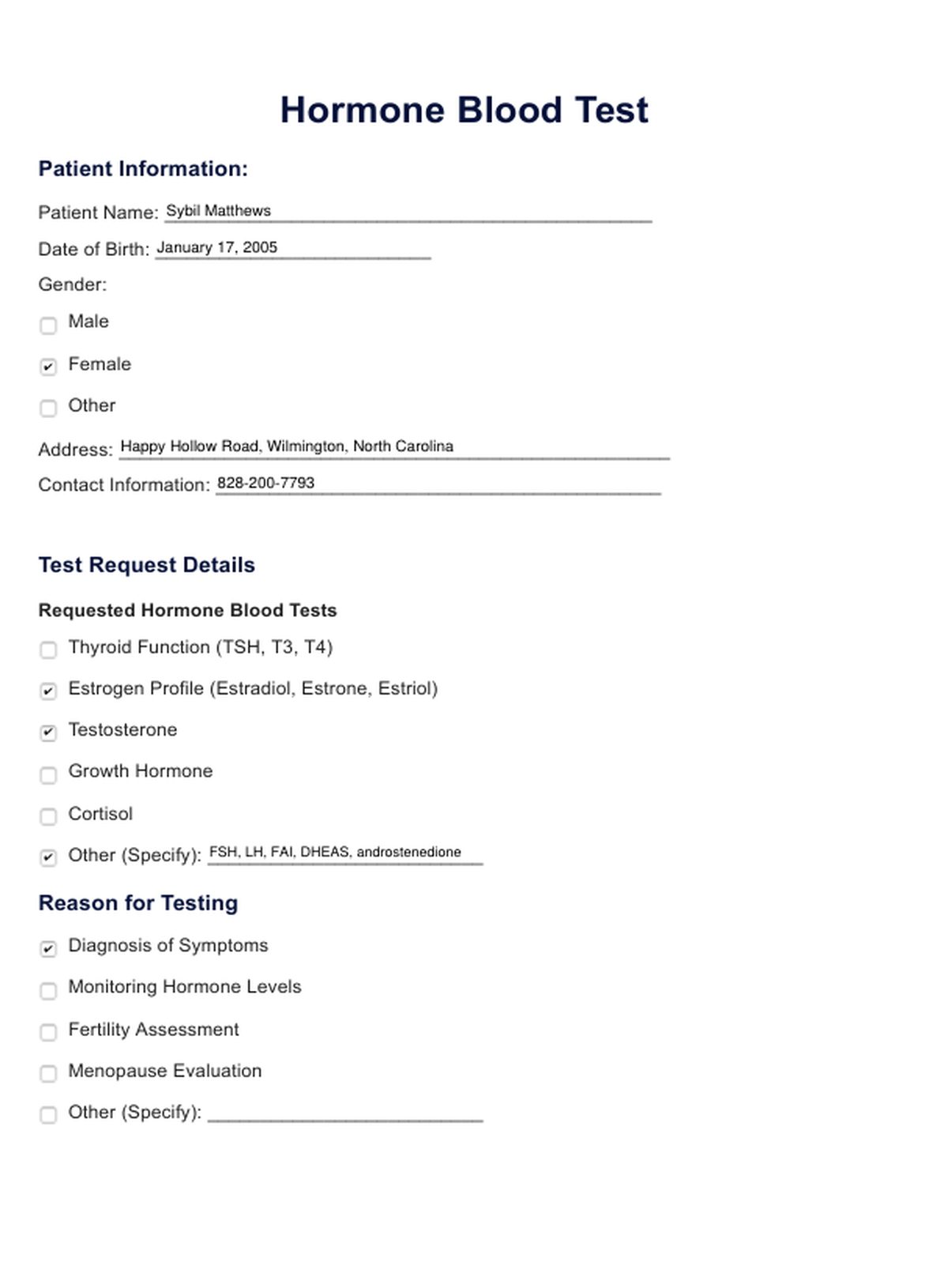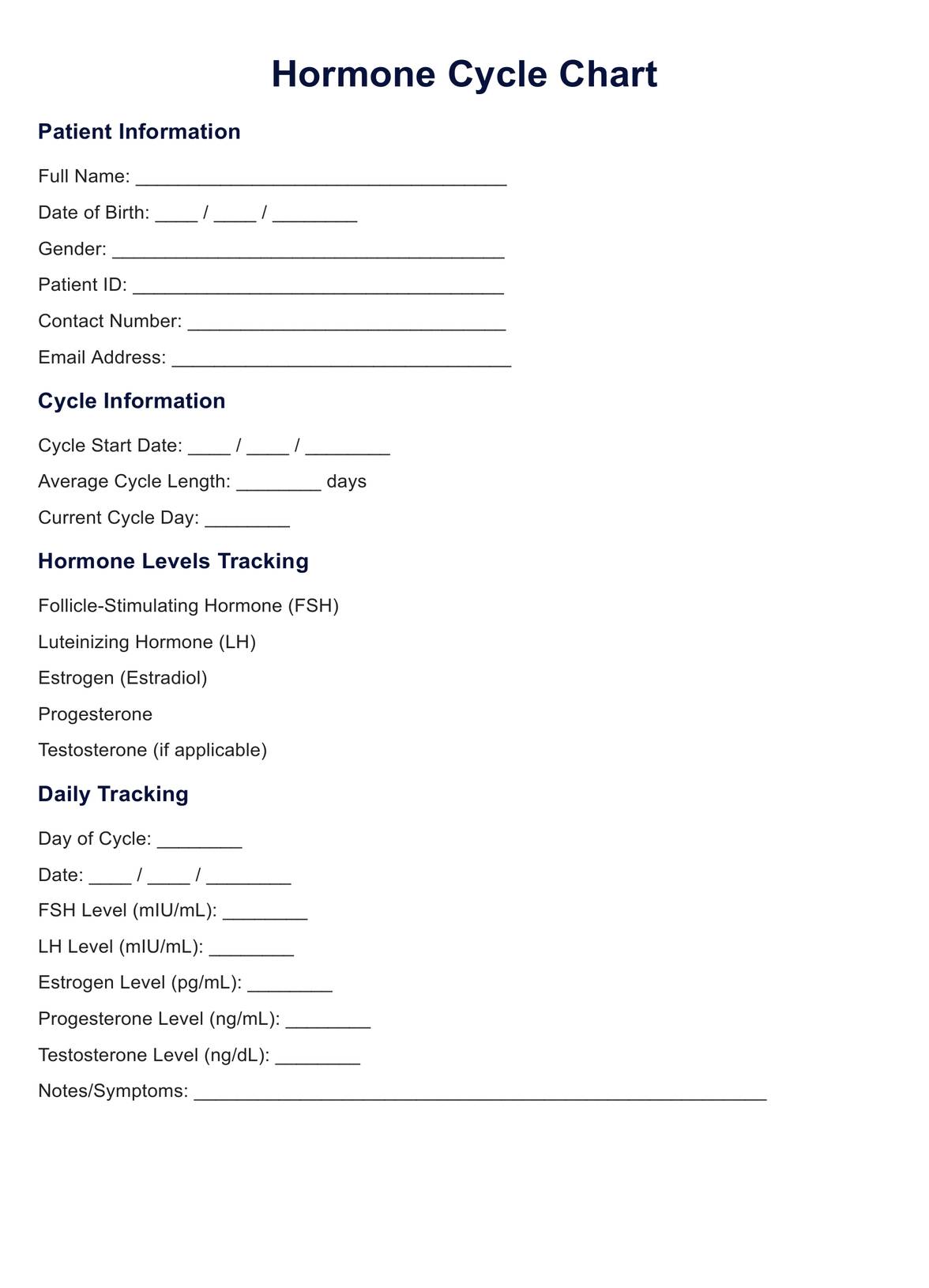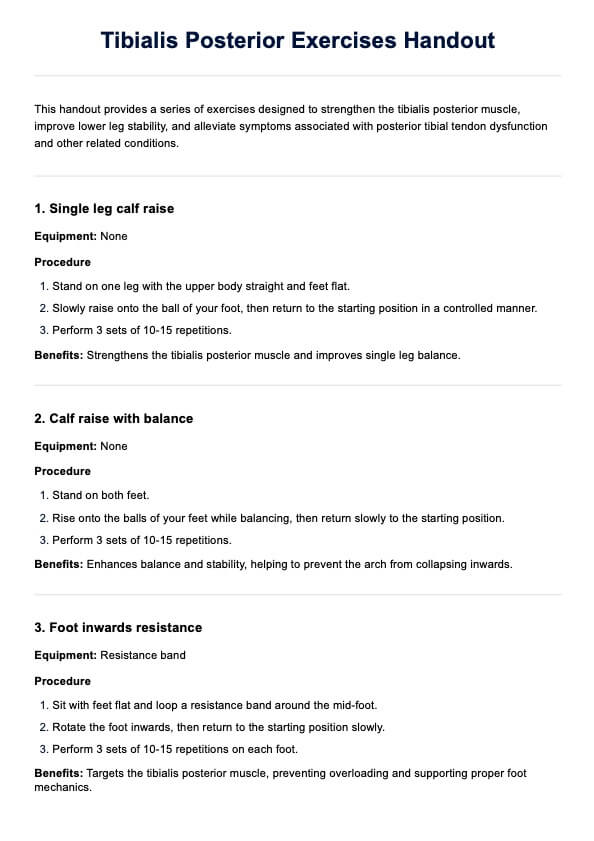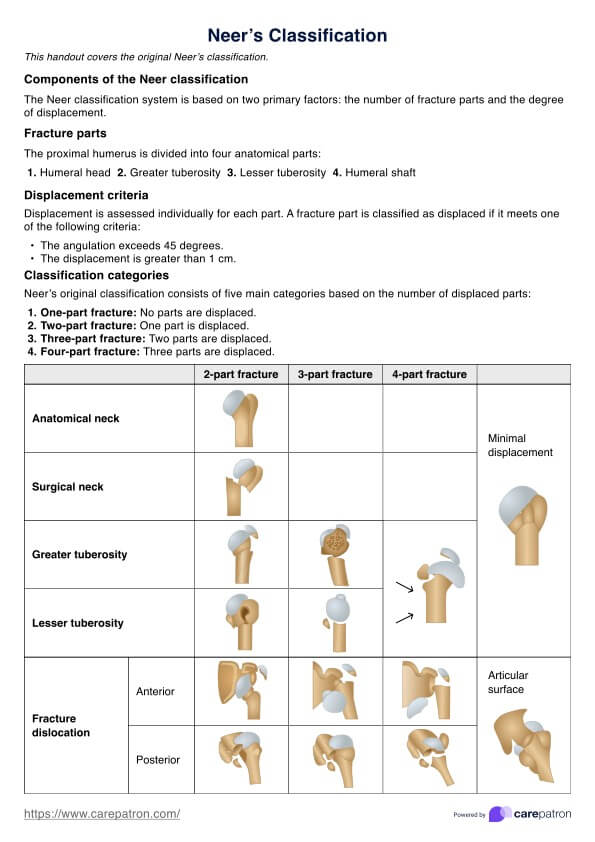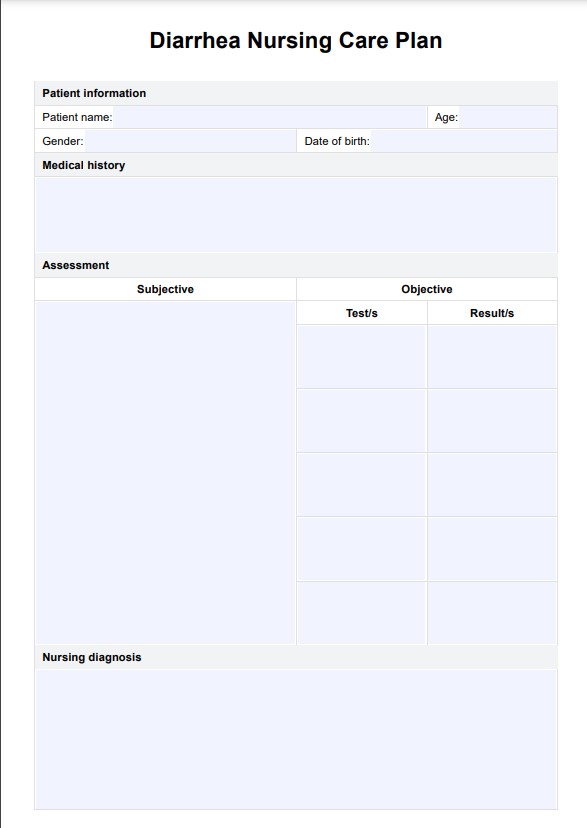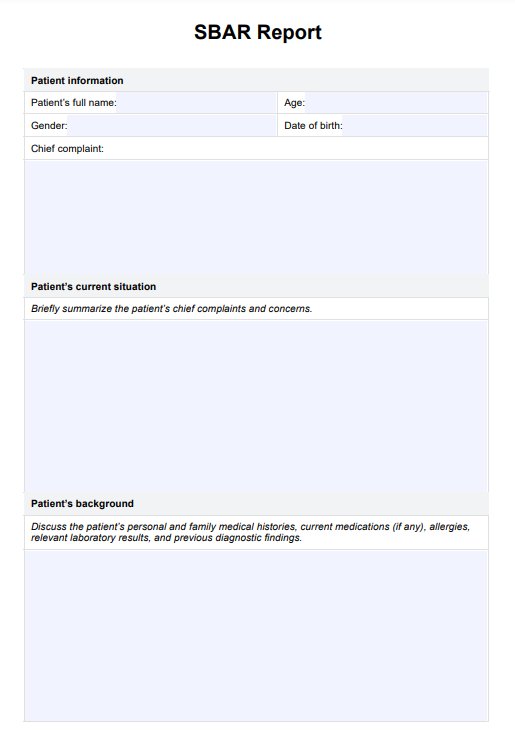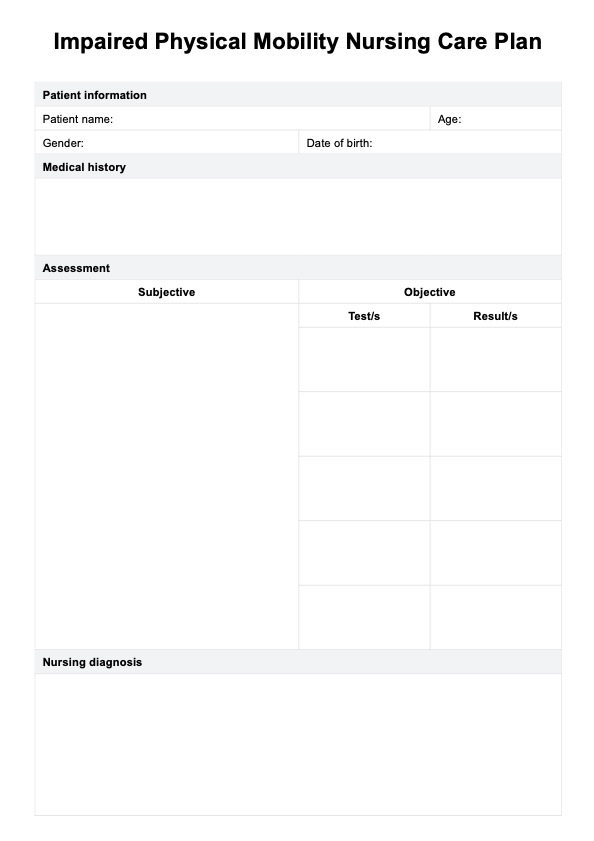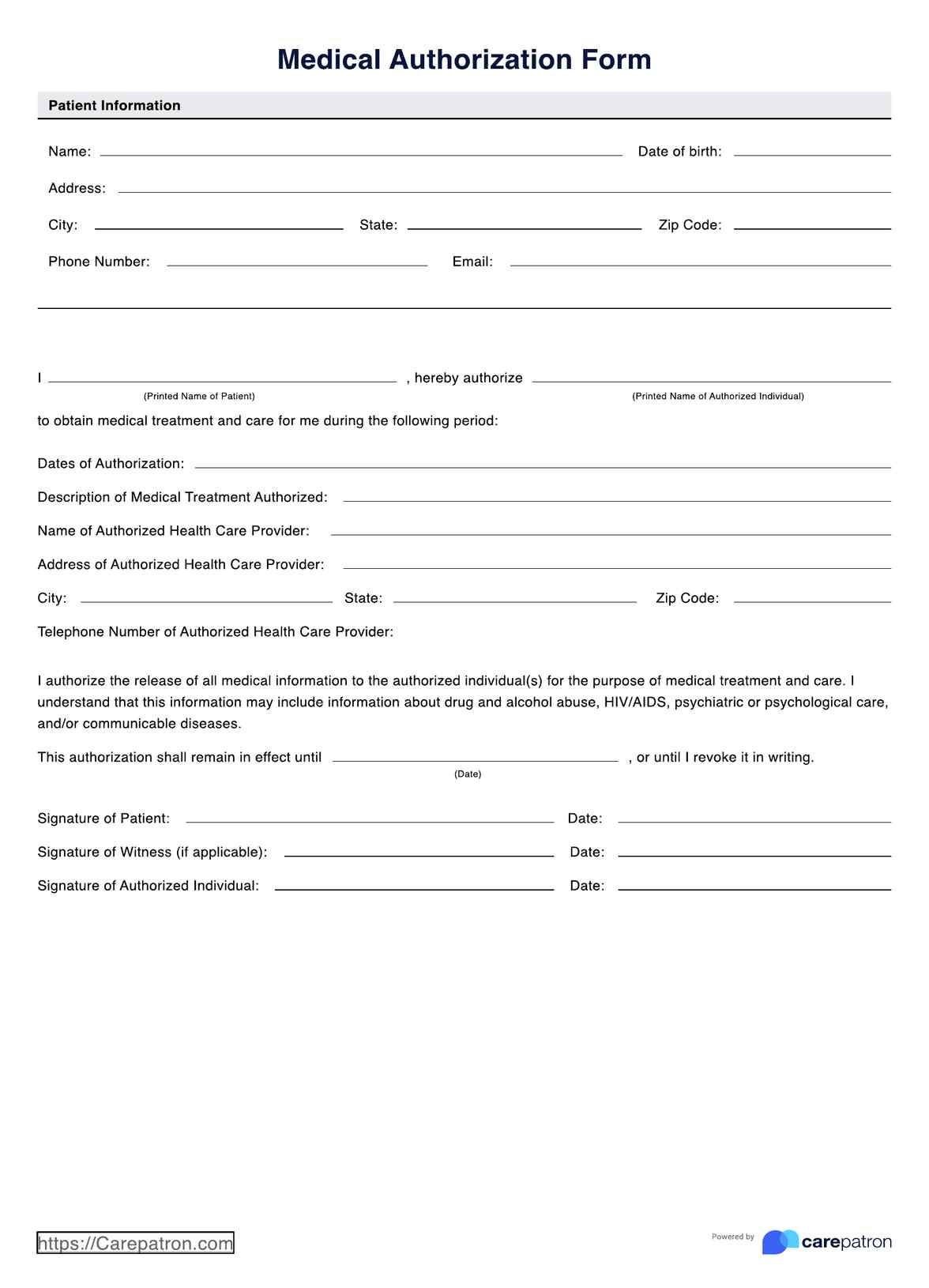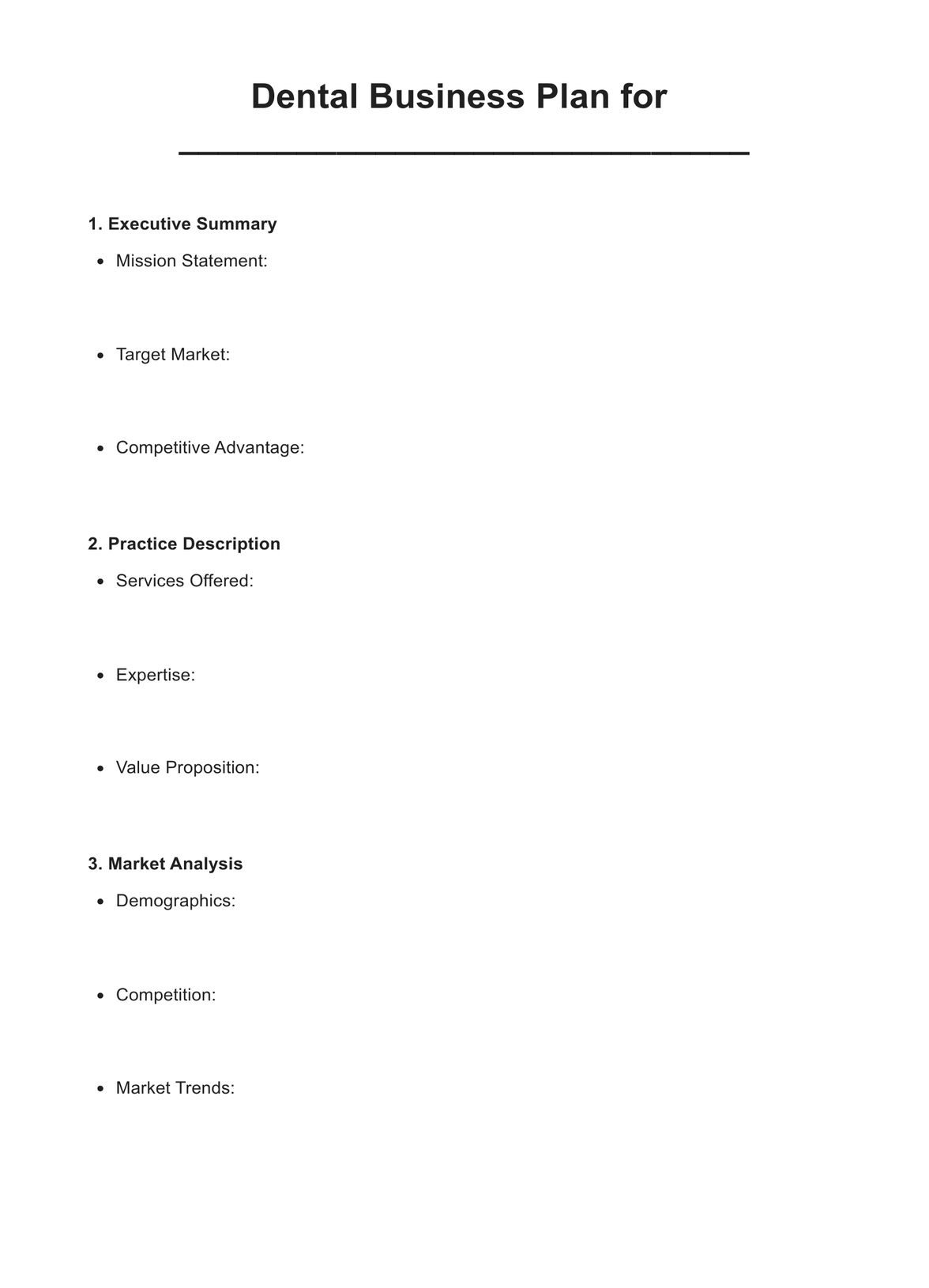Hormone Blood
Explore the uses, components, result interpretations, etc. of a hormone blood test with our guide. Click here for more information and a free template.


What is a Hormone Blood Test?
A hormone blood test is a crucial diagnostic tool used to assess hormone levels in an individual’s bloodstream. It is used to identify imbalances or irregularities in the hormonal system. The reason why this test exists is because of the importance of hormones which are essential chemical messengers produced by various glands and tissues within the body, playing a fundamental role in regulating numerous physiological processes, encompassing sleep patterns, digestion, reproductive health, and metabolism.
Hormone blood tests are instrumental in diagnosing conditions such as thyroid disease, diabetes, fertility problems, and menopausal transition. All of these conditions have their own set of symptoms, ranging from mild to comfort, that signify a malfunction or imbalance of hormones. It’s encouraged that healthcare practitioners use the test results in conjunction with other clinical information, including the symptoms and medical history, to provide a more accurate diagnosis.
In a hormone blood test, one can expect a set of specific hormones, namely estrogen, progesterone, follicle-stimulating hormone (FSH), testosterone/DHEA, thyroid hormones, and luteinizing hormones. Do note, however, that in certain cases, tests will differ per gender and will have different ranges from one laboratory to another. The test must be tailored to one’s gender for the accuracy of results.
Hormone Blood Template
Hormone Blood Example
How does it work?
Step One. Acquire a Template Copy
To obtain a downloadable and printable hormone blood test template for your convenience, follow either of the methods provided below:
- Click the “Download Template” or “Use Template” button
- Utilize the search bar in Carepatron’s template library, accessible on the app or website, and type “Hormone Blood Test”
Step Two. Initiate the Request
Begin by assessing your patient through interviews, evaluations, or physical examinations to determine whether a hormone blood test is necessary. If you deem the test beneficial, utilize our template as a request and complete the first half of the template.
Step Three. Form Submission
Depending on the patient’s condition, the patient, yourself, or another healthcare practitioner attending to the patient will be responsible for presenting the form to the phlebotomist. The completed document serves as evidence that the test has been requested.
Step Four. Analyze and Interpret
Following the processing of the blood sample and return of results, conduct a thorough analysis and interpretation of the findings. You can use the template’s latter portion to record your observations and insights.
Step Five. Secure Template
After employing the template, ensure that the completed document is stored securely. If you opted to use the digital version of the template, we recommend safeguarding your copy within Carepatron, a HIPAA-compliant software designed to ensure the confidentiality and security of your electronic patient records. This secure storage will help you maintain the integrity and privacy of the sensitive medical information on the template.
When would you use this test?
The hormone blood test is a valuable diagnostic tool that can be requested or used in various situations to assess hormonal imbalances and provide insights into an individual's health. Here are key scenarios when a hormone blood test is warranted:
Having Fertility Issues
If a patient and their partner express concerns about struggling to conceive, you may use a hormone blood test to understand the patient’s menstrual cycle to detect potential fertility problems and determine whether hormonal factors are contributing to fertility challenges or not.
Having Menstrual Irregularities
If your patient has an irregular menstrual cycle, they may benefit from undergoing a hormone blood test to identify if hormonal imbalances cause irregular periods. If it is, you can use the information you obtained to facilitate a proper diagnosis and treatment.
Having Concerns with Puberty
Patients who are experiencing delayed or precoc\ious puberty can benefit from a hormone blood test because it can provide crucial information on the individual’s hormone level normalities and assess the timing and progression of their puberty.
Experiencing Menopause Symptoms
If your patient is approaching menopausal age and is experiencing symptoms like hot flashes, mood swings, and irregular periods, you can use the hormone blood test to confirm if they are entering the perimenopausal phase. You will know if they are if you see any fluctuations in hormones.
Have Post-Menopausal Bleeding
Any sign of vaginal bleeding after menopause in a patient is a cause of concern. You can use the hormonal blood test to identify potential causes like hormonal imbalance or an underlying medical attention that needs immediate attention.
Have Atypical Sexual Characteristics
When the patient biologically exhibits characteristics that aren’t typical of their gender, you can request a hormone blood test to reveal underlying hormonal causes and diagnose conditions of estrogen and androgen access.
Aside from the ones mentioned above, a hormonal blood test can also be used when managing diabetes or thyroid disorders.
What do the results mean?
Interpreting the results of a hormone blood test is a complex process that depends on the specific hormones being analyzed and the individual’s age, sex, and medical history. Here’s a general overview of some common hormone blood test results:
Growth Hormone
If a patient has abnormal growth levels, it means they are at risk of having bone and muscle mass issues or can signify a pituitary tumor. Too little growth hormone signifies reduced muscle mass and bone density. Meanwhile, excessive growth hormone can signify a rare condition called acromegaly.
Estrogen
Estradiol, which is the most commonly tested form, indicates at what point the individual is in their menstrual cycle. Commonly estradiol or E2 is highest during ovulation and lowest during menstruation. It also signifies if the individual is heading towards menopause since E2 levels significantly during menopause when ovarian function ceases.
Testosterone
Even though testosterone levels vary by age and gender, generally, low testosterone levels indicate issues with the pituitary gland, such as a tumor or age-related changes.
Cortisol
Cortisol levels that deviate from the normal range of 5 to 25 mcg/dL may indicate adrenal disorders. Do note that results may vary based on the time of the test and other influencing factors.
Thyroid Hormones
Normal TSH levels usually range from 0.4 to 4.0 mU/L, and abnormal levels of TSH, specifically, can indicate thyroid disorders, such as hypothyroidism or hyperthyroidism.
It’s important to emphasize that when interpreting, one must consider the individual’s unique health status, medical status, symptoms, and the specific hormones the referring physician wants to have tested.
Commonly asked questions
Primary care physicians, endocrinologists, and gynecologists are the typical healthcare practitioners who request hormone blood tests.
Hormone blood tests are typically used for identifying underlying causes and diagnosing conditions that are affecting the balance of hormones in one’s body.
Results will depend on the specific test being requested and the laboratory that analyzes the sample. It may take as short as two days or as long as four weeks for test results to return.


